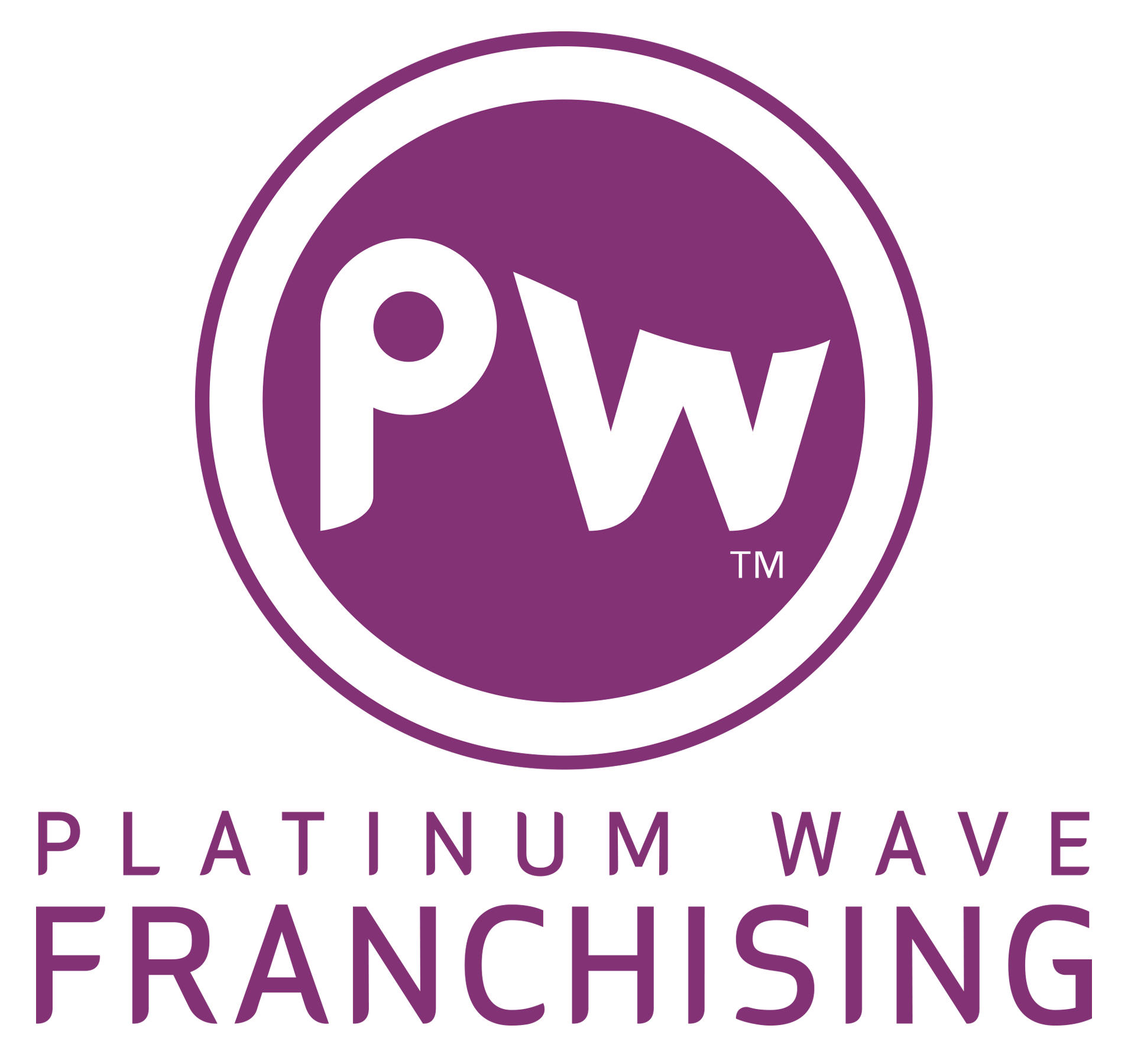You’d be forgiven for thinking that this was the start of a joke but the irony is that this question leaves us with very little to laugh about, so we’re going to get right to the point
The latest estimates are that up to one in three accountants are not regulated and may not have full or even partial qualifications!
What’s even more shocking is that the majority of the UK’s general public don’t even know this. No accounting qualifications, no degree, not even a Math GCSE needed to be able to set up as an accountant. As a nation of business owners, leaders and entrepreneurs, we are completely oblivious to the fact that absolutely anyone can set up and call themselves an accountant. The profession is not legally required to be regulated.
So do you know who you’re getting this invaluable advice from?
The important message is to be aware of the risks. To call yourself an accountant you don’t actually need any accountancy qualifications at all, but most reputable accountants will have relevant qualifications as well as being members of the industry’s own self-regulation bodies like the ICAEW (Institute for Chartered Accountants England and Wales). To qualify for membership the business must have the required number of fully qualified chartered accountants working in the business. Look out for ICAEW and other regulatory bodies’ logos on your accountant’s website or documentation. These bodies, much like the FCA (Financial Conduct Authority) set standards and audit their members and in some topics, they go further than the FCA require of financial advisers.
If your accountant is not a member of an industry body should you deal with them?
This information should be freely available on an accountant’s website or included as part of their correspondence but if it’s not there just ask the straight question. Ask for their credentials. If your prospective accountant has nothing to hide, they will not be offended by this. Failing to have this information could risk leaving yourself wide open to sub-standard advice, lower standards of service, lack of protection and recourse – and it could be worse if the HMRC choose to investigate your affairs.
So, we call upon all SMEs to review their accounting providers. Are you satisfied you have the best solution in place?
We also know that the government is being lobbied to take action. After all, there will be some easy wins for the HMRC in this. Unregulated agents account for most agent-related complaints to the HMRC. Mandatory membership of a relevant professional body for anyone offering accountancy services would put accountancy on par with other professions such as doctors, nurses, architects, solicitors, financial services and many more, potentially cutting the number of HMRC investigations.
If you’re searching for a trusted accountant, then it’s a good idea to start with professional memberships. The most well-known of these is the ICAEW. Chartered Accountants abide by the law of ethics which generally plays a pivotal role in ensuring public trust and upholding the reputation of all good qualified and regulated accountants.
These principles are:
• Integrity
• Objectivity
• Professional competence and due care
• Confidentiality
• Professional behaviour.
Add to these other elements you should look for in an accountancy practice:
• Sector Knowledge
• Approachable and communicative
• Diversity of services
• Commitment to your success.
Governing boards such as the ICAEW take the failure to follow the code very seriously, which may result in a member becoming liable for disciplinary action. Anyone providing paid-for tax or accountancy services should be a member of a relevant professional body.
It could be argued that the term ‘accountant’ itself should be regulated. To our knowledge, this has never been discussed at great length by government or accounting bodies until recently. With over 30,000 accounting practices in the UK, if the government were to insist that only qualified accountants could practice then they would be leaving a substantial number of people needing to gain qualifications and accreditation.
For those that don’t go this route then they should be required to inform clients of their correct status and then it’s up to the client to decide for themselves.
Chartered territory
All chartered accountants are qualified and regulated. Providing specialist advice and services to the highest levels and complying with principles-based guidance. If in doubt, play it safe. Our senior accountants are ACCA qualified and d&t are proud members of the ICAEW, The National Association of Commercial Finance Brokers (NACFB) where we have the highest A1 grading as well as the British Franchise Association (bfa). In fact, we care about our partner clients so much, that our joint chairman, Carl Reader, is chair of the practitioners panel to help improve regulation so you can take comfort in the knowledge that with d&t you’re in very safe hands.
The author
Head of commercial, Phillip Archer, at award-winning accountancy firm d&t, has a wealth of expertise within the franchise and finance industries. Accredited QFP with the British Franchise Association, Phillip is a voice of authority within this sector.






_75_75_s.jpg)
_75_75.jpg)






_(1)_59_42_s.png)






_59_58_80_s.jpg)









